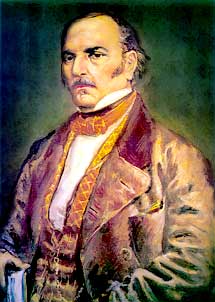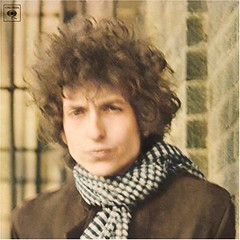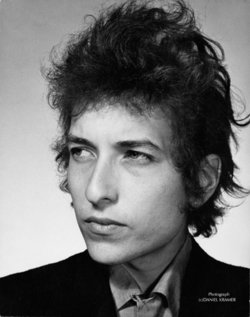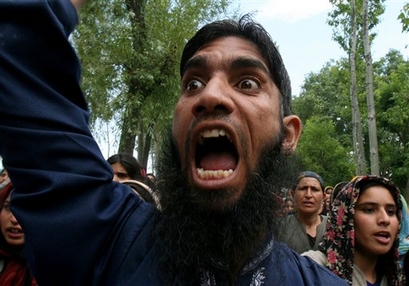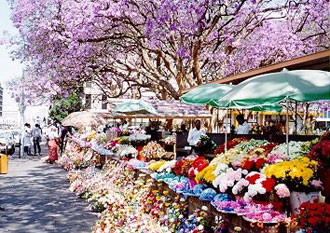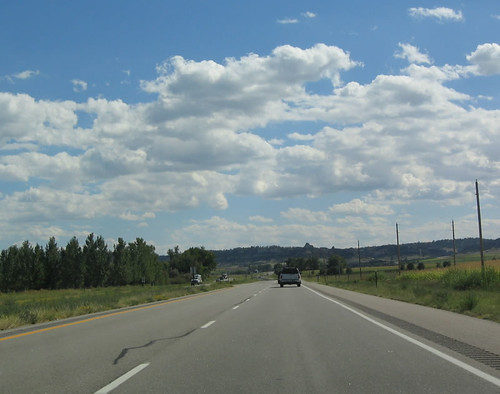The primary reason why I write so much about Sweden is because it is the most totalitarian country in the Western world, and should thus serve as a warning to others. The second reason is that Sweden, like my own country, now needs some "tough love." Too many Swedes still cling on to the myth of the "Swedish model" while their country is disintegrating underneath their feet. If Sweden the nation is to be saved – if it still can be saved, I'm not so sure – then Sweden the ideological beacon for mankind must be smashed, because vanity now blocks sanity.I don't normally just link to articles without trying to supply some value-added, but Fjordman's description of life in present-day Sweden needs no further comment.
Oh, yes, I did like this bit: "Meanwhile, police officers are protesting against a new uniform designed to make them appear less aggressive by replacing boots with shoes, making guns less visible and changing the shirts to a softer, gentler color."



